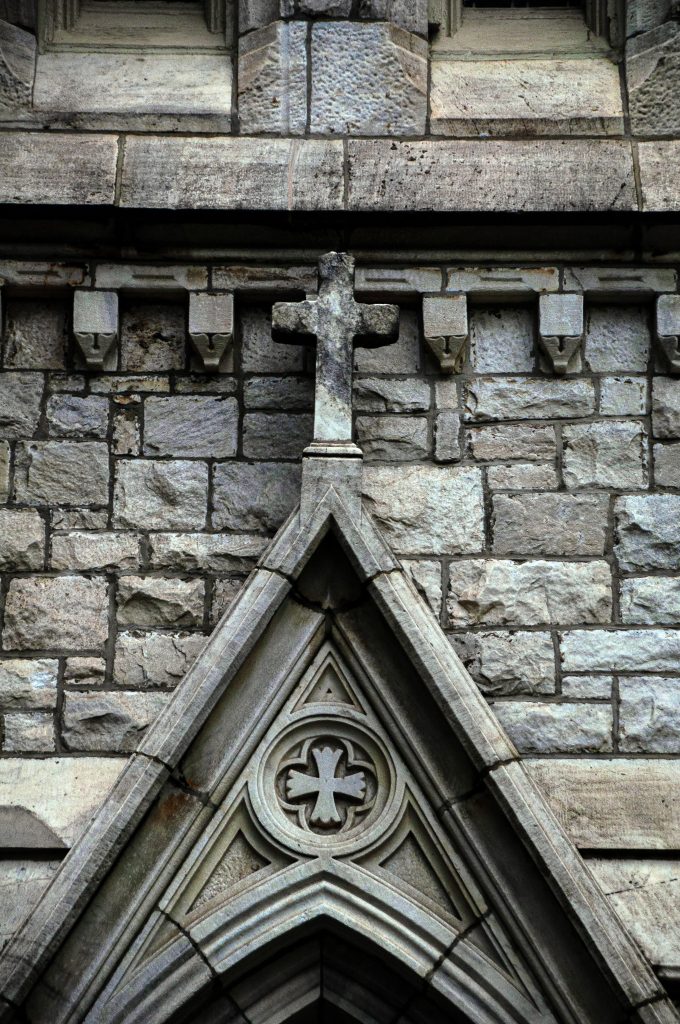
The Vatican and the Roman Catholic Church saw their first American-born pope, Pope Leo XIV, elected on May 8th. Formerly known as Cardinal Robert Francis Prevost, he has years of mission work and priesthood accompanying him to the papacy after only two days of the conclave’s gathering. His election marks a significant change to international relations, both within the Catholic Church and with worldwide powers.
Pope Leo’s election came as a surprise to many Drexel University students, including first-year chemistry major Anna Gazzero, who commented, “It was a surprise, honestly, purely for the fact that he was American.”
Due to the United States’ immense influence on international business and politics, the Vatican has held an unspoken wariness toward electing an American pope, making Pope Leo’s background and election to the papacy all the more compelling.
Pope Leo has humble origins in the American Midwest, born in Chicago and raised Catholic. He attended a minor seminary for secondary school and later pursued a degree in Mathematics and Philosophy at Villanova University. Following his graduation, he joined the Order of Saint Augustine in Missouri and made his vows in August of 1981, making him the first Augustinian pope as well.
After theological education and ordination in 1982, he traveled to Peru for 11 years of mission work, gaining citizenship and eventually being appointed the bishop of Chiclayo, Peru in 2015 by Pope Francis; many of his close family and friends, as well as Peruvians, praised him for his dedication to his mission, with many claiming that he is a representative of Peru as much as he is of the United States.
In 2023, the late Pope Francis appointed him as prefect for the Dicastery of Bishops, which administers and appoints the church’s bishops – an influential position in the bureaucracy – before naming him a cardinal. At Cardinal Prevost’s first-ever conclave, he was elected pope.
Monica Buzzanca, a second-year mechanical engineering major, shared her thoughts on his experience in Peru: “I feel like [his experience in Peru] and his dedication is useful… He was out in the field and will continue to [be proactive].”
Liberal-leaning Catholics commend him for his similar views and close friendship with the late Pope Francis, making for a smooth ideological transition in church leadership. Within the first few days of his papacy, he expressed his desires for social justice and peace; his papal name is taken after the former Pope Leo XIII, who advocated for workers’ rights and the poor in both writing and work.
He had promised to continue Pope Francis’s work in calling the Catholic Church to action in times of social and political turmoil, and serving the underprivileged. However, Francis’s critics have been deeply skeptical so far of the new pope.
“I’m hoping that he does the same things that Pope Francis did, trying to bridge gaps and bring people together,” Buzzanca said, “[b]ecause that’s what the Church should do.”
Gazzero mentioned Pope Leo’s willingness to be outspoken so early into his papacy and throughout his ministry: “I think that it’s good that he’s shown a willingness to speak out… It’s better to have a pope that’s fiery… than a pope that’s passive.”


